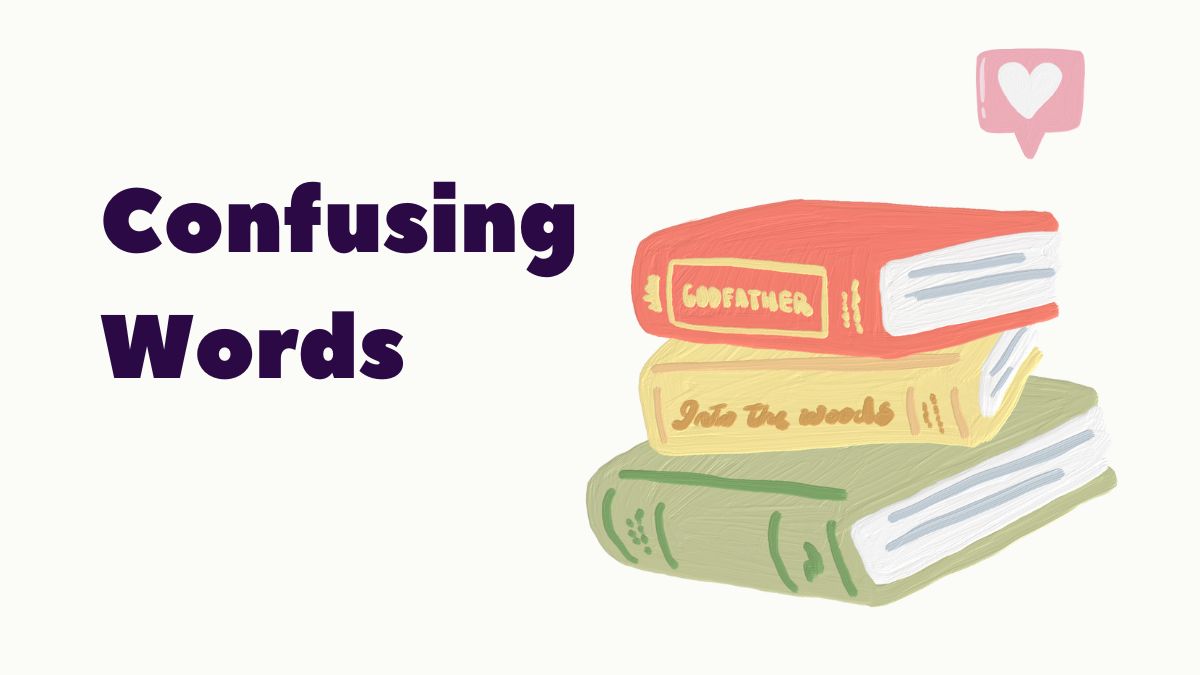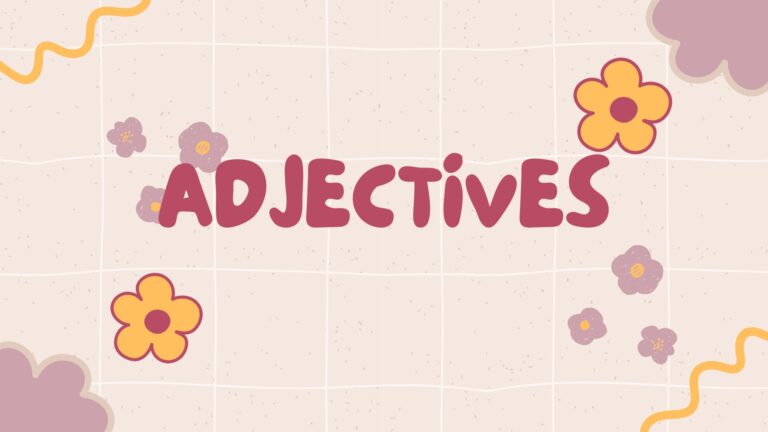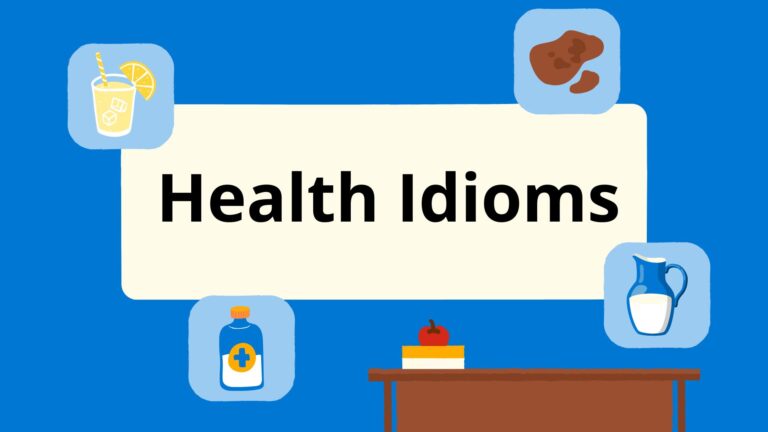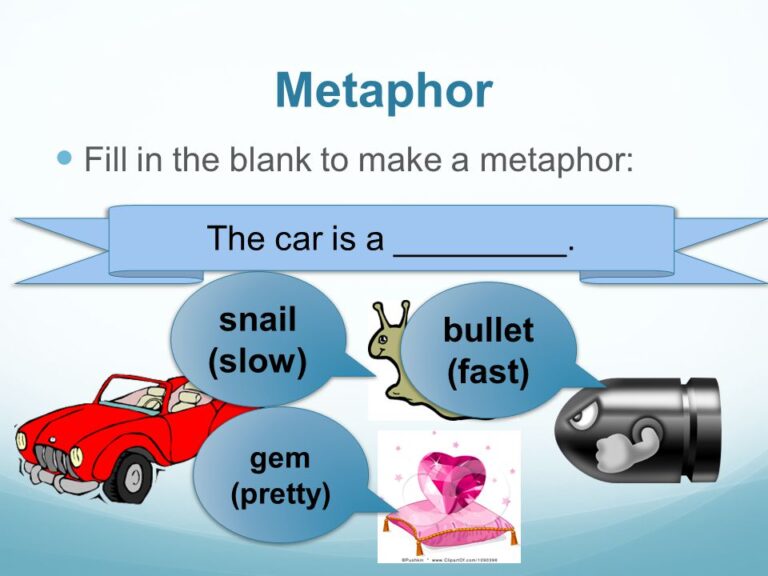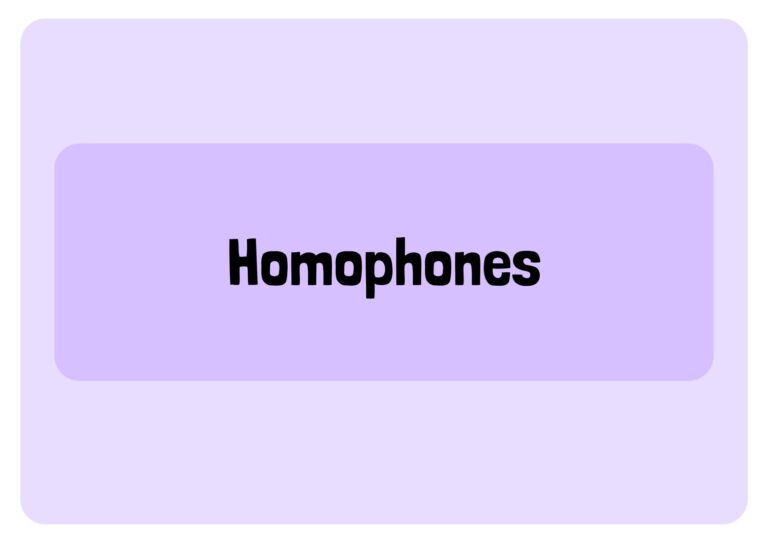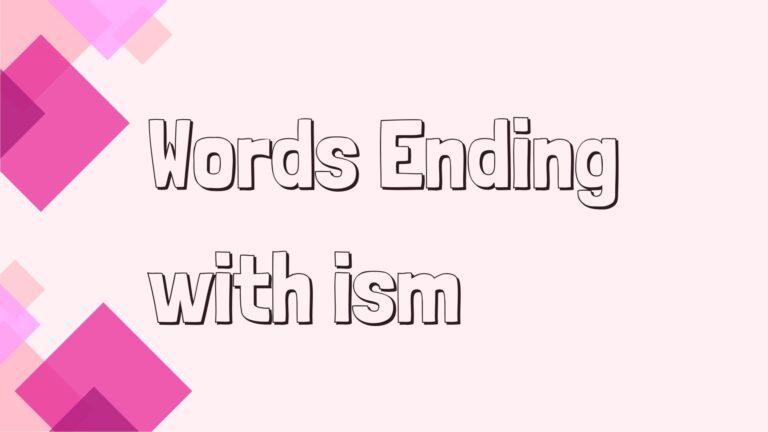Discover 15 Confusing Words That Challenge Your Language Skills
The English language has confusing words that can make communication difficult. I am here to help you explain these terms, which can confuse even good speakers. Knowing these words is important for school success and daily talks.
The Challenge of 15 Confusing Words
English can be tricky because of confusing word pairs like “affect/effect.” Using them incorrectly can change the meaning and cause misunderstandings. It’s important to understand context and audience for clear communication. Facing these challenges can improve writing skills and increase appreciation for the complexities of language. So lets start to cope with this challenge.
What Makes Words Confusing?
Words can be confusing because they have many meanings. This dual phase can lead to misunderstandings, especially with idioms. A listener’s background also affects how they understand words, which can create gaps in communication.
Language changes as society and technology evolve, giving new meanings to words. For instance, “ghosting” went from meaning something spooky to describing a dating situation. Slang adds to the confusion, as trendy words can quickly become old-fashioned.
Commonly Misused Words in English
English Language is changed, but some words are still used incorrectly. Below is the list of some common words which are misused.
“Lie” means rest, while “lay” means to put something.
“Borrow” means to take something with the intention of returning something, while “lend” means to give something to someone expecting it to be given back.
“Affect” means to influence, while “effect” is the result of that influence.
“Complement” means to complete something, and “compliment” means to praise.
“Fewer” for things you can count and “less” for things you cannot count.
“Literally” means something actually happened, while “figuratively” means it’s an exaggeration.
“Boss” and “Leader” have different meanings.
Understanding these mistakes can help improve language skills and clear communication.
Homophones: Sound Alike, Different Meanings
Homophones are interesting parts of English that can cause confusion and create puns. For example, “bare” means nudity, while “bear” can mean an animal or to carry something.
“Flour” is used for baking, and “flower” refers to a beautiful plant, showing how context matters for understanding. Other pairs like “knight/night” , “see/sea” , “mail/male” , “peace/piece” ,”breathe/breath” ‘ “insure/ensure” , show how homophones can have complicated meanings.
Homonyms: Same Spelling, Different Definitions
Homonyms show how complex English can be. Writers use homonyms creatively to engage their readers. Looking at homonyms shows the fun side of language. “Lead” can mean the metal or to guide someone.
So lets start to understand 15 confusing words:
| Number | Word | Form | Meaning | Example |
| 1 | Lie | Verb | To be in horizontal position | I lie on the bed. |
| Lay | Verb | To put down | Lay this book on the table. | |
| 2 | Borrow | Verb | To give something for sometime then return(receiver) | I borrowed this pen. |
| Lend | Verb | To give something for sometime then return(giver) | Please! lend me this pen for one day. | |
| 3 | Affect | Verb or noun | To influence something | Cold weather affects him. |
| Effect | Noun or verb | The result of something | His speech effected me in positive way. | |
| 4 | Complement | Noun or verb | Complete something | Black is a nice complement to the color of the room. |
| Compliment | Noun or verb | Form of admiration | He got positive compliments. | |
| 5 | Literally | Adverbs | Something happening in direct sense | I literally completed my work. |
| Figuratively | Adverbs, adjective | Something that is not literal | Emotions are figuratively as well. | |
| 6 | Boss | Noun | Manages employees | My boss is the manager of finance department. |
| Leader | Verb or Noun | Inspires employees | He is the leader of youth program. | |
| 7 | Bare | Verb | Uncover something | She stepped in bare headed. |
| Bear | Verb | Tolerate | You have to bear the results. | |
| 8 | Flour | Noun | Finally ground powder | Give me a pack of flour. |
| Flower | Noun | Reproductive part of plant | This flower is red. | |
| 9 | Knight | Noun | Warrior | He is a brave knight. |
| Night | Noun | Period of darkness | It is night outside. | |
| 10 | Sea | Noun | Large space of salt water | I went to a sea. |
| See | Verb | To understand something | I cannot see anything there. | |
| 11 | Noun or verb | Postal service | I got your mail yesterday. | |
| Male | Noun | Gender | A male bird helps to build the nest. | |
| 12 | Piece | Noun | A part of something | This is a piece of cake. |
| Peace | Noun | State of calm | I want peace of mind. | |
| 13 | Breath | Noun | Air we inhale or exhale | She took a breath while speaking. |
| Breathe | Verb | Action of taking air | He has breathe issue. | |
| 14 | Insure | Verb | To protect against loss | He will insure his house. |
| Ensure | Verb | Something will happen surely | You have to study to ensure your success. | |
| 15 | Lead | Noun | Metal | It is made of lead. |
| Lead | Verb | To guide someone | He will lead me to the right way. |
Tips for Mastering Confusing Words
To understand confusing words, rely on context instead of just definitions. Seeing words in sentences helps clarify their meanings. Real-life examples improve understanding for all writers.
Creating memory aids, like connecting “principal” to school leaders and “principle” to core beliefs, boosts learning and creativity. Practicing sentence building with these words strengthens understanding. This fun method transforms confusion into clarity.

